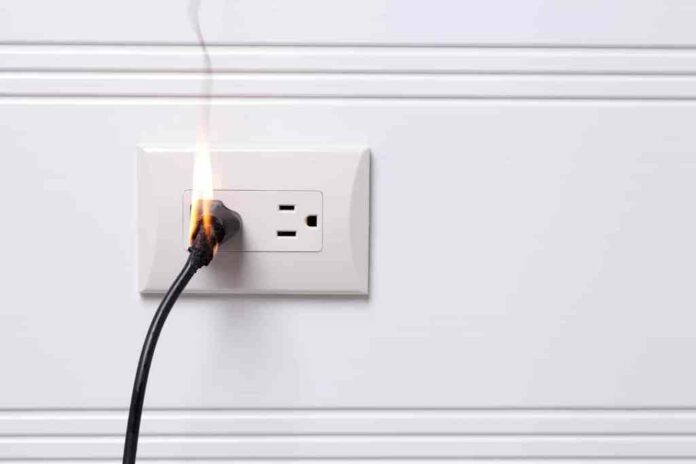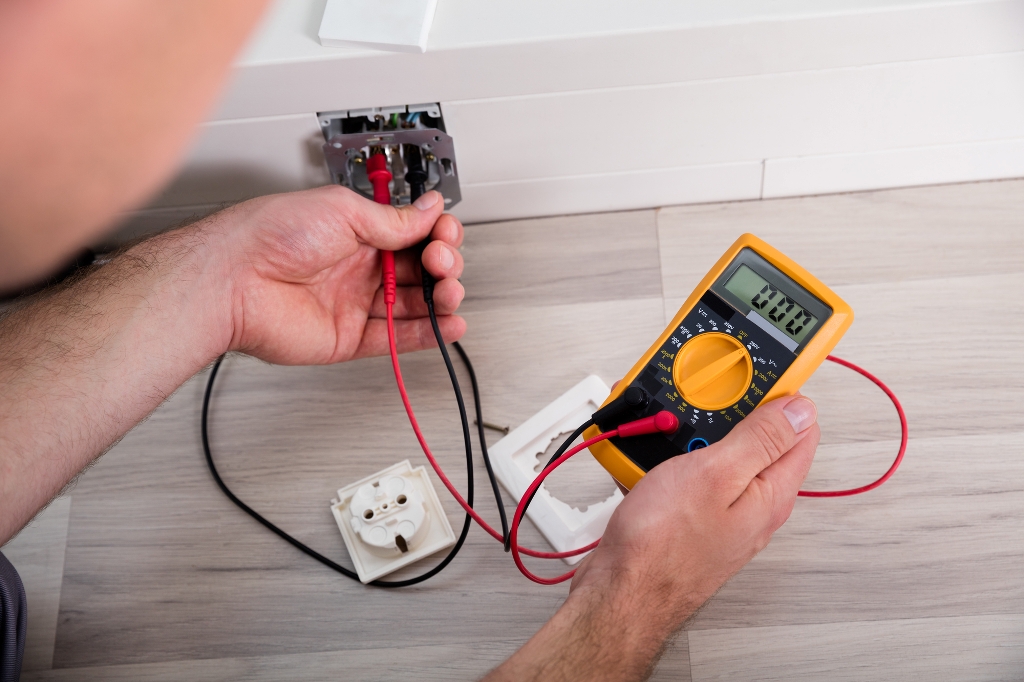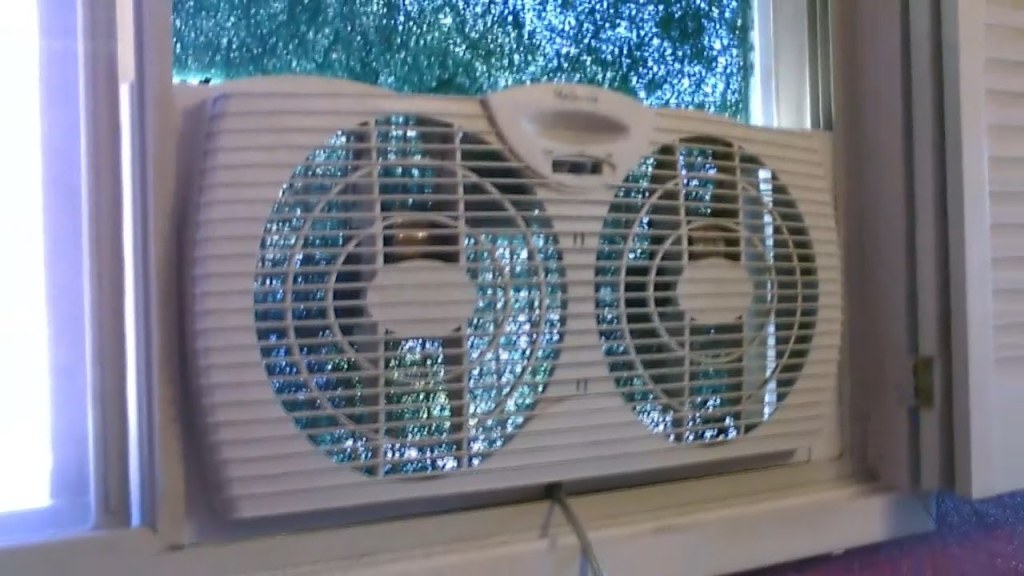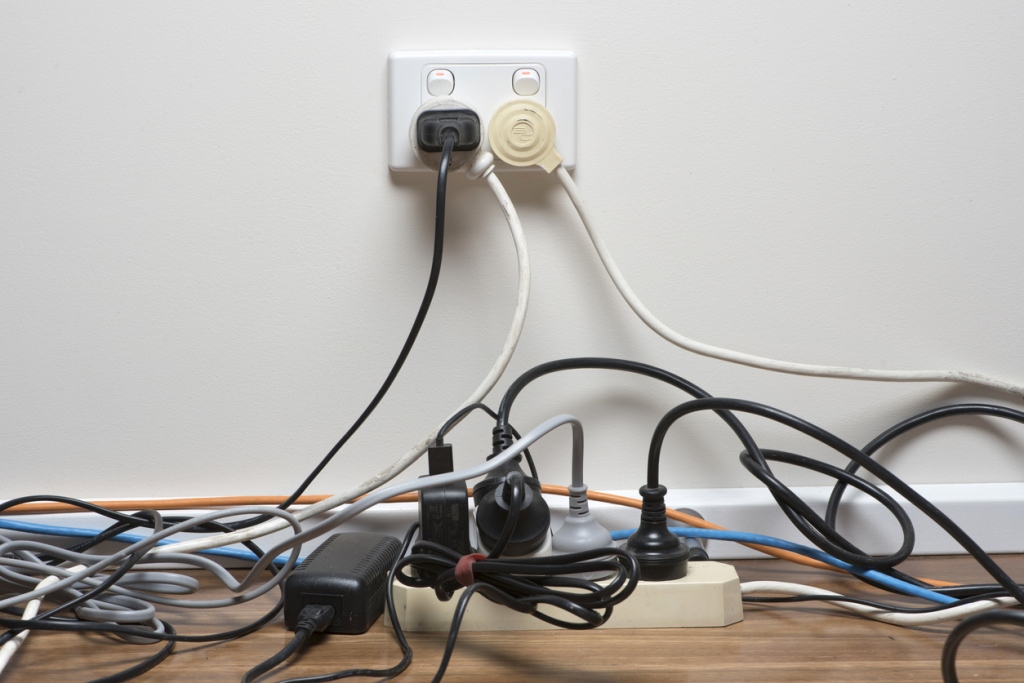Every year, it’s estimated there are over 50,000 electrical fires in homes throughout the country. This results in thousands of dollars of property damage in most homes, although many are total losses because the damage is too great to recover from. If you want to minimize the risk of this type of experience, there are ways to safeguard your home. Some of the best ways to improve your overall protection with electrical safety can be found below.
1. Check the Wattage
When you plug in a lamp or change a lightbulb, always check to make sure the wattage is appropriate for the socket it’s being placed into. 60-watts or less is generally recommended if you cannot determine what is right for your lamp. However, ceiling fixtures should have bulbs that are 25-watts or less.
2. Always Inspect a New Home
If you move into a new home, whether it was recently built or had been lived in before, hire a licensed electrician to do an inspection. They will determine if the wiring and overall electricity of the home are in good shape. In addition to this, they can take care of any repairs or upgrades that are necessary to improve safety.
Tip: When moving into an older home, the experts at JAndPElectrical.com recommend replacing worn wiring from the start. This will ensure the home is as safe as possible and you don’t run into potential problems with wiring as soon as you move in.
3. Have Damaged Outlets Repaired Immediately
If you notice a hot outlet or one that makes a noise when you plug something in, then call an electrician to come and do an inspection. In most situations, they can easily repair or replace the outlet in order to minimize your risk of fire due to damaged wires or overheating.
4. Clean Exhaust Fans and Filters
Cleaning exhaust fans can get rid of dirt, dust, and other debris that can potentially cause overheating and lead to a fire. Filters that are connected to anything plugged in should also be cleaned for the same reason. Also, look for any coils or open areas that collect hair and dust over time. Clean these every few months to avoid buildup and potential overheating.
5. Don’t Overload Outlets
Electrical outlets are only designed to exert a certain amount of electricity. For this reason, it’s important not to plug in a large number of cords into one outlet. This includes strip outlets, which should not be plugged into additional strip outlets. If you plug in too many things at once, the outlet could overheat and can easily cause a fire within your home. Although additional strips may give you more plugs, the outlet will still have the same amount of power available. As a result, you can easily overwhelm it and put your home at risk.
Speak with an electrician about what you can do to add a new outlet in your home so you don’t have to rely on power strips everywhere in your home. Adding additional outlets isn’t as difficult as most people anticipate and can potentially save your home from a fire.
6. Give Appliances Room to Breathe
If any appliance or electronic has a fan, then it’s important to give it space to allow air to circulate freely. This can prevent overheating and will minimize the risk of an electrical fire. If you’re not sure how much space should be given, grab your owner’s manual for the item and double-check. If you must keep something close to a wall or another appliance, then unplug it when not in use. When you do plan on using it again, pull it away from other things and allow it to cool before putting back in place.
7. Keep Cords In One Place
When cords are strewn about around a room, they can easily become stretched. This can lead to overheating and eventually a fire throughout the house. To minimize danger, keep your cords tucked neatly away and never place them underneath rugs or other areas that will be stepped on frequently. The goal is to keep cords in good shape so they stay working like new for long periods of time.
A Lesson in Safety
When it comes to household electricity, you can never be too safe. Keep an eye out for potential problems and always call a licensed electrician when you need help.





















